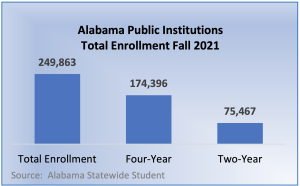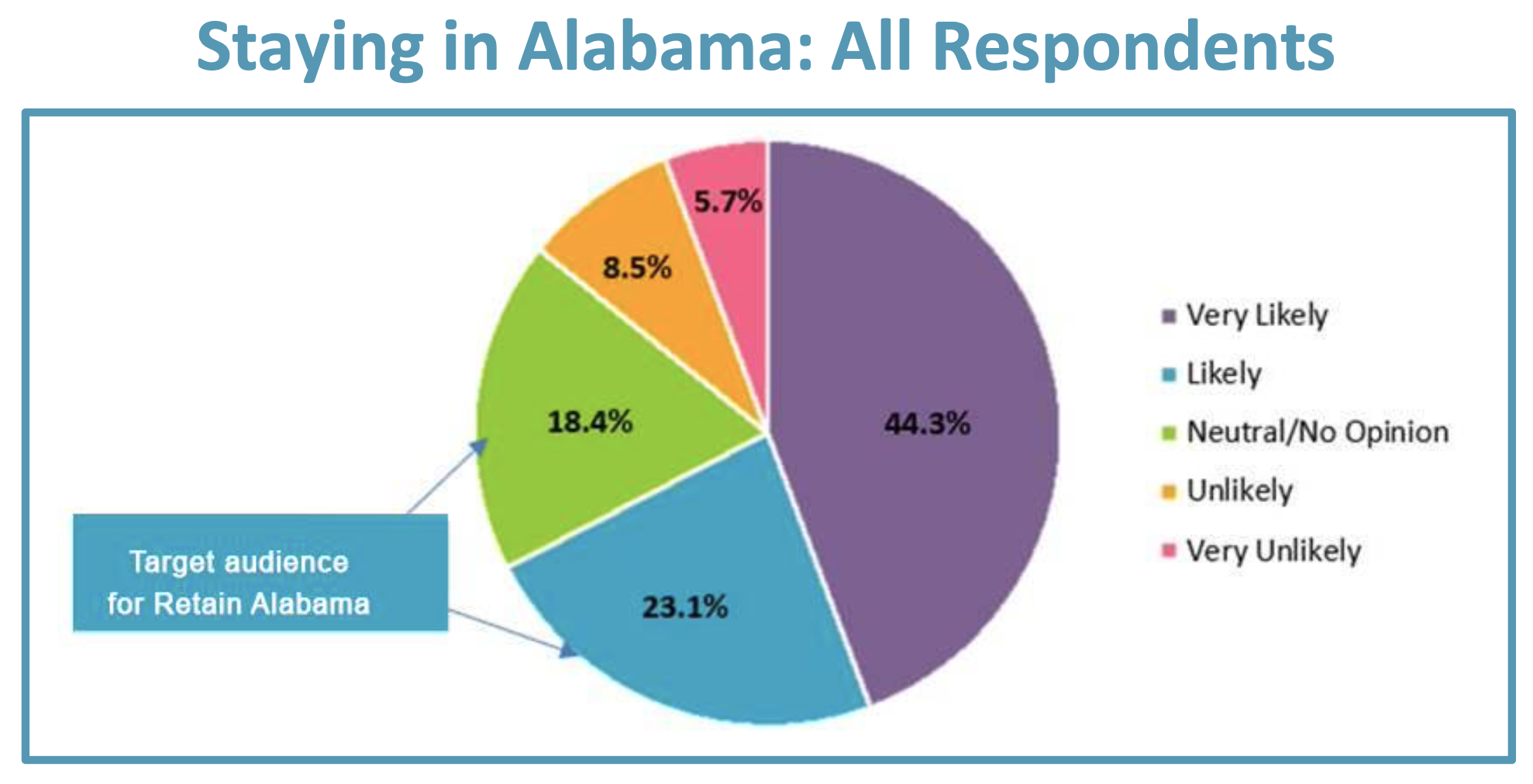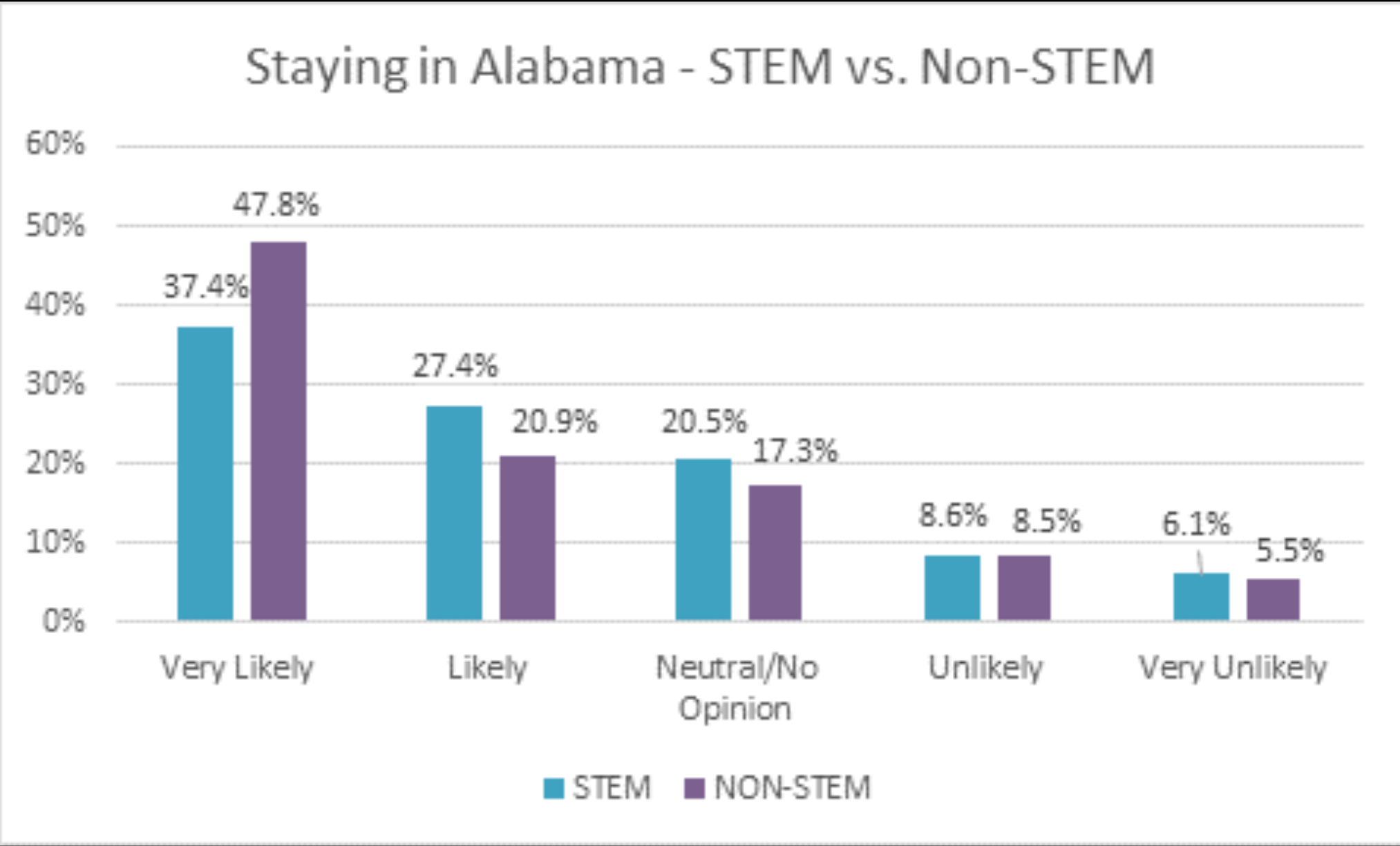Every ten years the U.S. Census Bureau coordinates an extensive effort to determine how many people are living in this country. Each person counts when the census is taken for many reasons, such as planning purposes and state representation in Washington.
Last year’s numbers revealed some disturbing news for Alabama – the future workforce pool is shrinking.
As baby boomers head toward retirement, succeeding generations are not large enough to fill the vacancies left in the workforce. Recent census data estimates there are around 63,000 18-year-olds in the state, compared with just under 66,000 64-year-olds. The 2008 recession had a dip in birth rates, resulting in an even lower number of younger ages.
Couple the lower birth rates with two successive years in which deaths have exceeded births in Alabama. Last year, approximately 8,500 more people died than were born, due in part to aging and elevated death rates associated with the Covid-19 pandemic.
The “graying” of Alabama spells both challenges and opportunities for the state’s current and future economic growth. A highly skilled workforce is critical to ensure Alabama remains a viable contender in the global marketplace.
The state is not turning a deaf ear to these concerns. Several initiatives, fueled by both education groups and industry, are underway to increase both the quality and quantity of Alabama’s labor force.

Alabama Commission on Higher Education
Some good news is that recent data showed Alabama as one of 23 states in the country with more people moving in last year than moving away. In recent years, Alabama has seen about 20,000 new residents each year relocating from other states.
Alabama’s universities are drawing students, both nationally and internationally, who help to fill the state’s coffers while they areenrolled, but what about long term?
The brain drain is not a new phenomenon, but today’s mobile society seems to have accelerated the keep on moving mentality. The challenge and the opportunity are both intertwined in this scenario – how do we showcase the many positives about Alabama to recent university graduates?

Alabama Commission on Higher Education
A recent survey conducted by ACHE of sophomore, junior and senior undergraduate college students showed that while 44 percent of students are very likely to live and work in Alabama after graduation, almost 42 percent are only likely or neutral about staying in the state.
The dilemma is obvious, we are trying to build our economy based on half of our graduates. The retention rate for the STEM fields is even lower, which could be problematic for the long-term sustainability of the state’s economy. Only 37 percent of STEM students are very likely to live and work in Alabama versus 47.8 percent of non-STEM students.

Alabama Commission on Higher Education
To keep that young talent in the state, ACHE has developed the Retain Alabama Initiative, a coordinated outreach campaign focusing on Alabama’s strengths to encourage grads to seek employment in the state. We have to work to make it easier for students to find high-quality job opportunities here for short-, medium- and long-term careers.
In addition to recent university graduates, we need adult learners to update their workplace skills. (Re)Engage Alabama encourages the 20 percent of Alabama adults with some college and no degree to complete their education, especially in majors of value in the new economy.
Lastly, our focus expands to university alumni who have moved away from Alabama during the last ten years. The Recall Alabama Initiative targets those individuals and makes them aware of what is available. We want them to come home to work and be active in their local community.
Now is the time to turn these challenges into opportunities for Alabama.















































